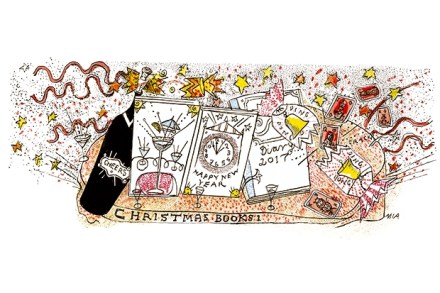Love at first bite
Legends cling to Bram Stoker’s life. One interesting cluster centres on his wife, Florence. She was judged, in her high years, a supreme London beauty. She preserved her Dresden perfection by denying her husband conjugal access. Bram consoled himself with warmer but more dangerous ladies of the night; such satisfactions came at greater cost than a few sovereigns. According to David J. Skal, a quarter of men of Stoker’s bohemian class (including all of those central to his book) were infected with syphilis. And Bram? Skal thinks so too. Florence Balcombe, when a young Dublin beauty, was courted by Oscar Wilde as well as Bram. Oscar she was not inclined




















